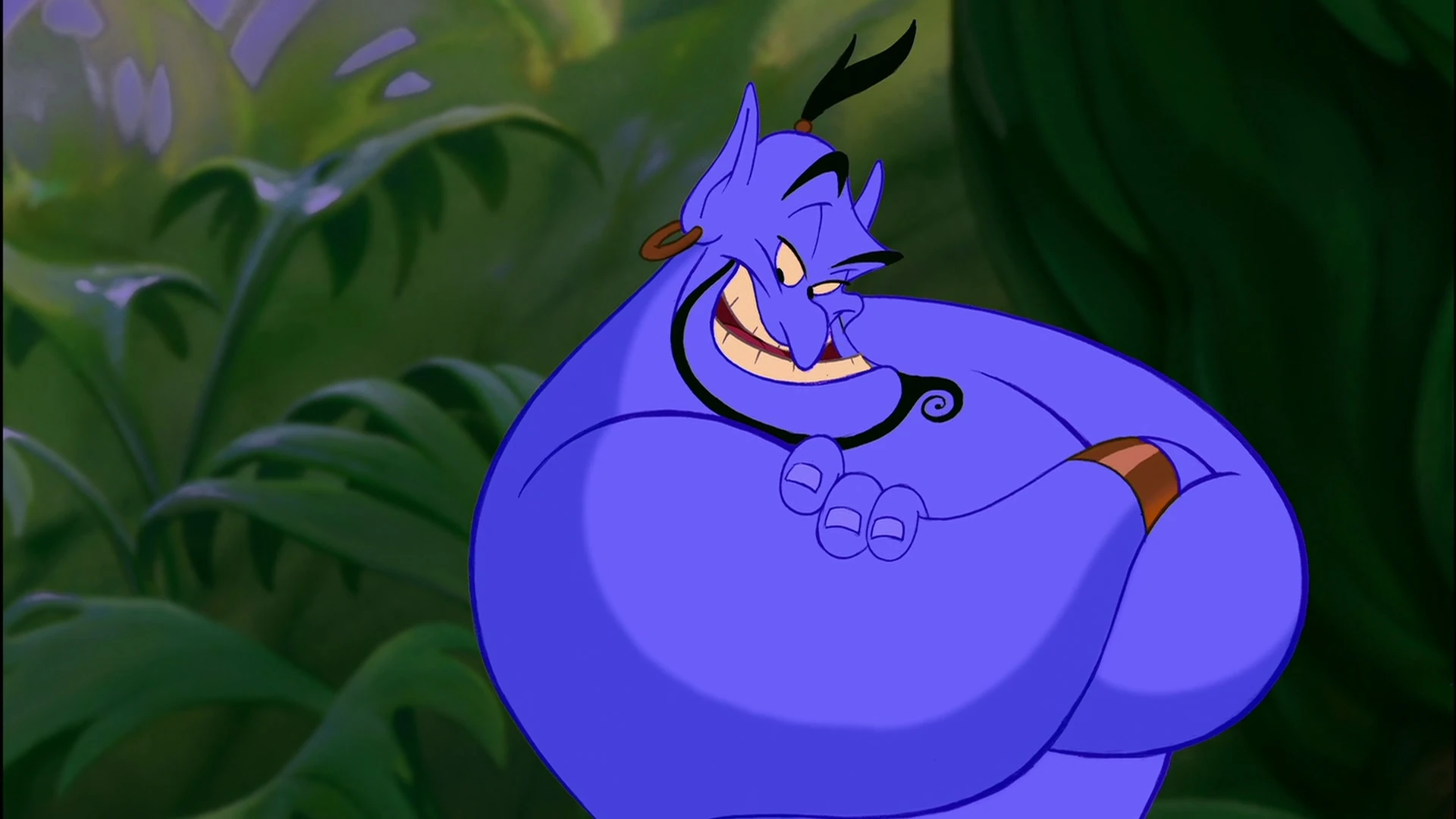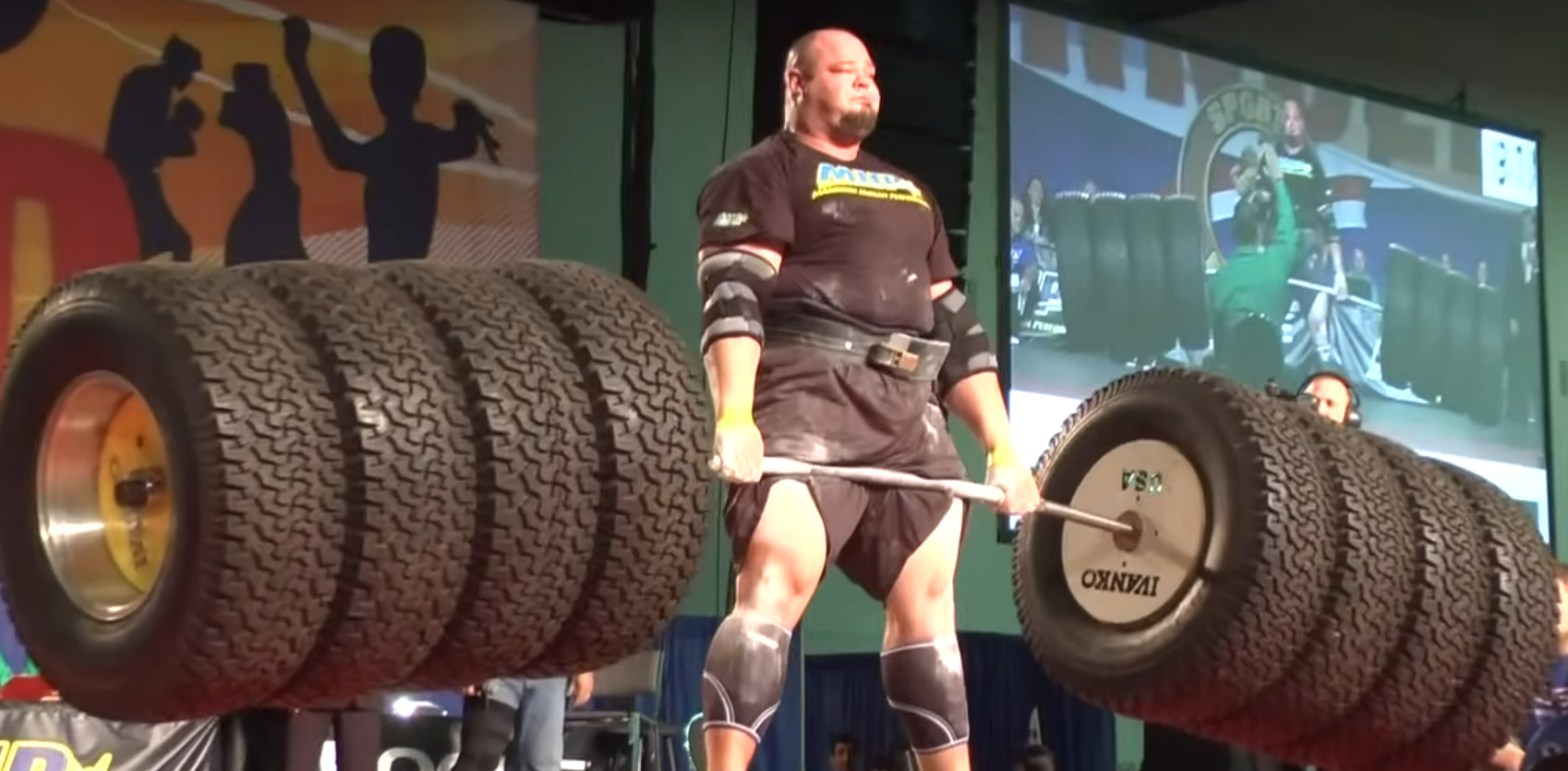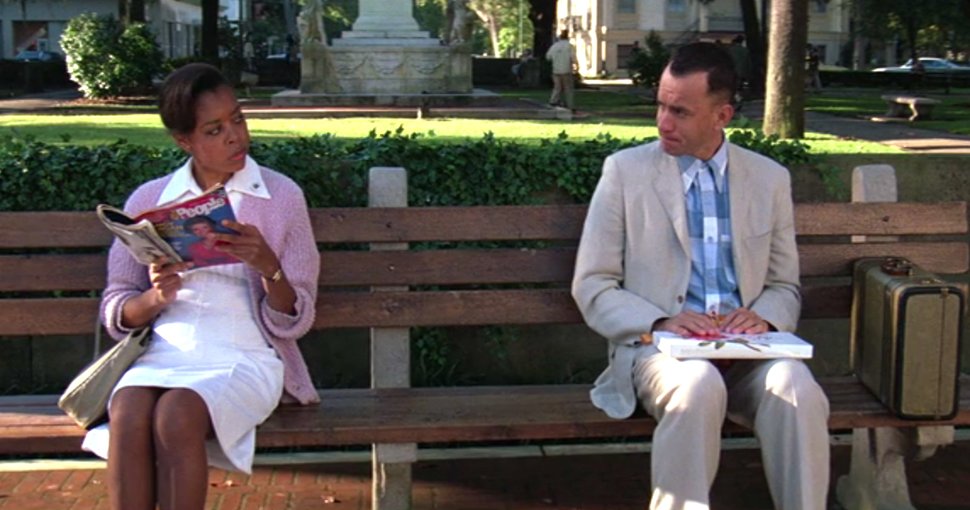We're Probably Screwed

People want power.
When I say that, you might imagine someone seizing control of a nation (maybe a small one) or gathering followers into some sort of cult, but that's not what I'm thinking of when I say it. Direct power of the sort that autocrats have isn't the only sort of power there is. Money is, in a very real way, a sort of power. If you have a million dollars, you can get a lot done. Reputation, connections, family, knowledge, resources, and vehicles, among other things, are power. If you don't have a car, no effort of will is going to take you seventy miles down the highway in an hour. A vehicle gives you opportunities that you wouldn't otherwise have. If you know a guy who can fix appliances, then when your washer breaks down, you have the power to fix it. It's a narrowly applicable power, but power all the same.
So when I say "People want power", I'm not making any judgement against the people, I'm stating a fact. Everyone, rich or poor, wants to be able to provide for themselves and their families, and that takes power. It's not grand, earth-shaking power, just the mundane, everyday sort of power that allows you to do your job, provide an education for your children, stay warm in winter and cool in summer.
This is mostly great. If we didn't take resources from our environment and use them to do things, we wouldn't be human. I'm not sure it's the central drive in the species, but it's certainly a drive that we have. Of course, I wouldn't be writing about this if there wasn't some sort of drawback.
When people hold an elected position, they have power. They can pass bills if they're in congress, set policy for a city if they're a mayor, or reorganize the military if they're a president. What's interesting about this particular flavor of power is that it passes from one person to another. If I were a strongman, I'd have personal power- I can move more, lift more, and am generally more useful (unless I needed to fit in a tight space) than someone who isn't as strong as I am. But, crucially, I can't give that power to anyone else.
If I were an elected official, then I may have some measure of personal power (connections and relationships I've made on the job, for example) but much of my power is on loan from the people who elected me. When I pass the position on to someone else, they get the power too. This is also mostly great. It wouldn't be much of a position if the occupant didn't have the leverage to do their job, and you couldn't properly call it a "position" if they didn't eventually leave. We want them to have that leverage so that they can get things done, but we also want them to leave at some point so they don't go passing it down to their (potentially) incompetent children.
We're basically betting that everyone coming together every few years to vote will produce more competent and less abusive leadership, on average, than if we passed positions along through inheritance.
I think it's a pretty good bet, honestly. On one hand, we can assume that inheritance is a crap shoot, and any system at all that non-randomly selects leaders from a larger population is probably going to provide better results. On the other, the knowledge that they will have to repeatedly win the approval of the citizenry probably restrains some of the worse impulses of our leaders. It's an elegant and effective alternative to autocracy.
The issue is not with the drive to acquire power (which is fine) or with democracy in any particular flavor (which is awesome), the problem is when the drive for power comes into contact with elected political positions.
On one side, we've got the obvious and understandable urge to acquire resources and power, baked into us as a survival strategy in an uncertain world. On the other, we have a system of government designed in such a way that power passes from one individual to another over time. When one meets the other, an interesting thing happens. The people holding these positions don't stop acting like people just because they hold a political position. They continue to grasp for any power or leverage they can find, and sometimes, they get it. When they find some loophole, some overlooked clause, some personal connection, or some mutual goal with a powerful political group, they exploit that power as much as they possibly can.
Sometimes, they're people that I would consider generally "good" people (so far as I can see, not knowing many elected officials personally). Sometimes they're people I would consider bad. Exploiting those loopholes and connections doesn't make you bad or good, it just makes you a person. Sometimes they're finding little known official powers and abusing them for their own gain, sometimes they do it to protect people or save lives. What I want to stress here is that they are people. If they're people, then they seek control over their environment to make the world better (for some given definition of "better"). This drive doesn't change once they're in office.
Still with me? Good.
So, this is the key bit here. Lean in... a little more... ok, too close. This is the important part: some of the power that they acquire in their position is personal power, and some of it isn't.
Personal power, as I said above, is like being strong. Having friendships with useful people. Owning a car or a house. It's some intrinsic feature or resource that you own. You might be able to give it away, but you're rarely forced to. The other sort of power that a person might have in an elected position is official power. Official power belongs to your office, your position. You get these powers by holding the position, and you lose them on leaving the position.
While grasping for leverage, resources, or connections, a politician often finds themselves with some new personal power. Maybe they've cultivated some relationship or learned some secret. But, not all of the power they might acquire is personal. Some of it is going to be official. Maybe they secured a larger budget by creating some new committee, or exploited some old law in a new and interesting fashion, setting a precedent. These powers remain with the office, even after the current office holder leaves.
Without some system in place to gradually reduce or reverse this expansionary pressure, it seems clear that most elected officials will acquire as much power as they can before leaving, at which point another politician will take their place and continue to drive out the boundaries of their personal (if fleeting) kingdom. Maybe the net effect of hundreds of politicians grasping in every direction for any loose drabs of power is zero. I honestly couldn't say.
If it's not zero, though, then the most likely outcome is that the government will always gradually become more powerful, as each individual tries to find some leverage to benefit the themselves.
Even this isn't inherently bad, really. I don't like it, but that's not the same thing as it being wrong, evil, or inefficient. If we could get lots of good, intelligent people in power to effect change on a large scale, trying to look out for the little guys? Sweet. I'm a bit of an individualist, so I'm still not entirely sold on a massively powerful nanny state, but there are certainly worse systems. The problem is that power isn't really "good" or "bad". At the end of the day, it's what the military likes to call a "force multiplier."
We solved part of the problem with monarchy, which is that royalty is like a box of chocolates: you never know what you're gonna get. We fixed it by literally crowd sourcing a solution through elections. But there is another reason why monarchy is bad. It's bad because centralized power multiplies the impact of any particularly good or bad monarch. If your prince is a dick, and wants to impale people for entertainment purposes, well... he can do that. Sucks to be you. If he's a saint who wants to feed everyone, well he can do that too, or at least take a pretty good stab at it.
Having that much power invested in one individual naturally lends itself to extremes.
This, in my opinion, is bad. Perhaps even very bad. I'm kidding- it's catastrophic. But it's one of those slow catastrophes that will sneak up on us. I mean, if a war breaks out, you'll have gobs of generals telling people about the global political and military events that led up to it, and buckets of economists eager to explain why trade or resource scarcity is to blame. These are satisfying, actionable causes that we can look into. I can't imagine anyone coming forward to argue that natural human drives have combined with representative democracy to gradually centralize power in the hands of fewer individuals, increasing the volatility and reach of the government.
So, what we can do about it? How could you design a representative government that doesn't do this? Is any of this actually a thing in reality, or is it all in my head? I dunno. I have no answers, no ideas about what could or should be done.
So I'll leave it at that.